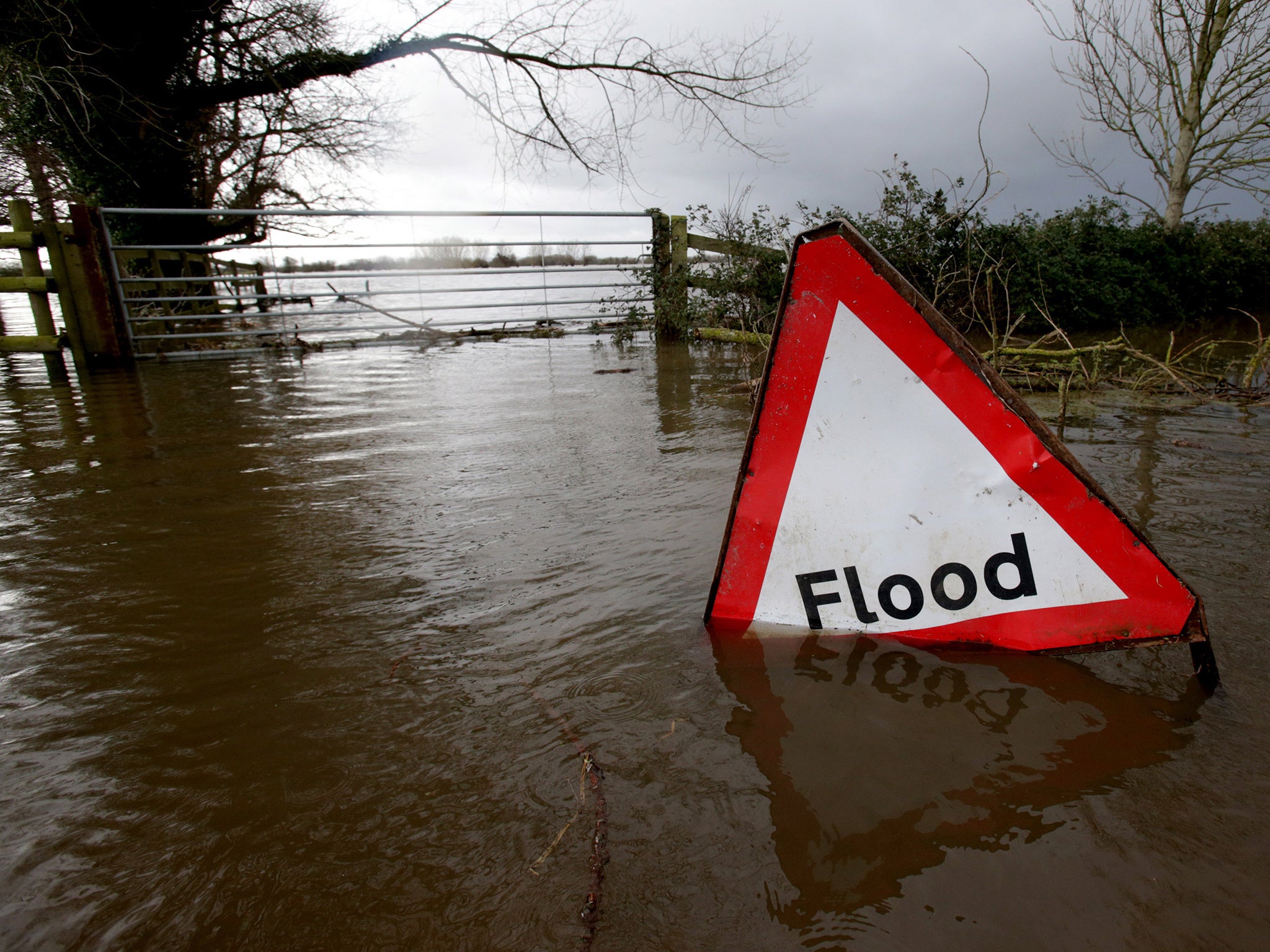Global warming will unleash increasingly devastating floods in coming years, scientists warn
'As a society we need to think hard about the question of our vulnerability and exposure to flooding'

Your support helps us to tell the story
From reproductive rights to climate change to Big Tech, The Independent is on the ground when the story is developing. Whether it's investigating the financials of Elon Musk's pro-Trump PAC or producing our latest documentary, 'The A Word', which shines a light on the American women fighting for reproductive rights, we know how important it is to parse out the facts from the messaging.
At such a critical moment in US history, we need reporters on the ground. Your donation allows us to keep sending journalists to speak to both sides of the story.
The Independent is trusted by Americans across the entire political spectrum. And unlike many other quality news outlets, we choose not to lock Americans out of our reporting and analysis with paywalls. We believe quality journalism should be available to everyone, paid for by those who can afford it.
Your support makes all the difference.Climate change made the severe storms which flooded the Somerset Levels in 2014 much more likely, according to new research that suggests global warming will unleash increasingly devastating floods in coming years.
The report finds that man-made greenhouse gas emissions have increased the chance of extreme flooding by 43 per cent, as the warming climate holds larger quantities of moisture, which leads to heavier rainfall.
“What was once a 1 in 100-year event in a world without climate change is now a 1 in 70-year event,” said Dr Friederike Otto, of Oxford University, who co-wrote the report – the first research paper into the likely role of climate change in the Somerset floods.
During the winter of late 2013 and early 2014 the incessant rain led to significant flooding in Somerset, Devon, Dorset, Cornwall and the Thames Valley. About 5,000 homes and businesses were submerged and losses ran to more than £450m.
It is not possible to link any individual extreme weather event to climate change. However, scientists can estimate how much more likely any given event has been made by global warming.
Dr Otto has also calculated that the flooding unleashed in Cumbria by Storm Desmond in December was made 40 per cent more likely by climate change and that the record rainfall in the UK over the whole of that month was 50 to 75 per cent more likely because of global warming.
“We can definitely say with climate change that the issue of flooding isn’t going to go away. As a society we need to think hard about the question of our vulnerability and exposure to flooding,” Dr Otto said.
She worked on the Somerset Levels study, published in Nature Climate Change, with scientists from the Centre for Ecology & Hydrology and the Laboratoire des Sciences du Climat e l’Environnement (LSCE) in Paris.
The research also uses contributions from citizen scientists all over the world who used spare processing time on their computers to run more than 130,000 simulations of what the weather would have been like with and without human interference in the climate.
“The increase in extreme rainfall was due to a rise in moisture…. The more extreme the weather, the stronger the effect of climate change over the UK,” said Dr Pascal Yiou, of LSCE.
The research into flooding in the UK came as a new report from the European Environment Agency found the number of floods has been steadily rising over the years.
There have been 3,500 floods since 1980 – 321 of them in 2010, the report found.
“The recent flood problems in the UK are adding to evidence of worsening flood problems in Europe,” said Beate Werner, one of the report’s authors.
Increased rainfall is partly responsible for the rise in European flooding, the report finds. However, barricading, draining and building on the flood plains around many major rivers – such as the Danube and the Rhine in Germany – is also a large part of the problem.
Join our commenting forum
Join thought-provoking conversations, follow other Independent readers and see their replies
Comments